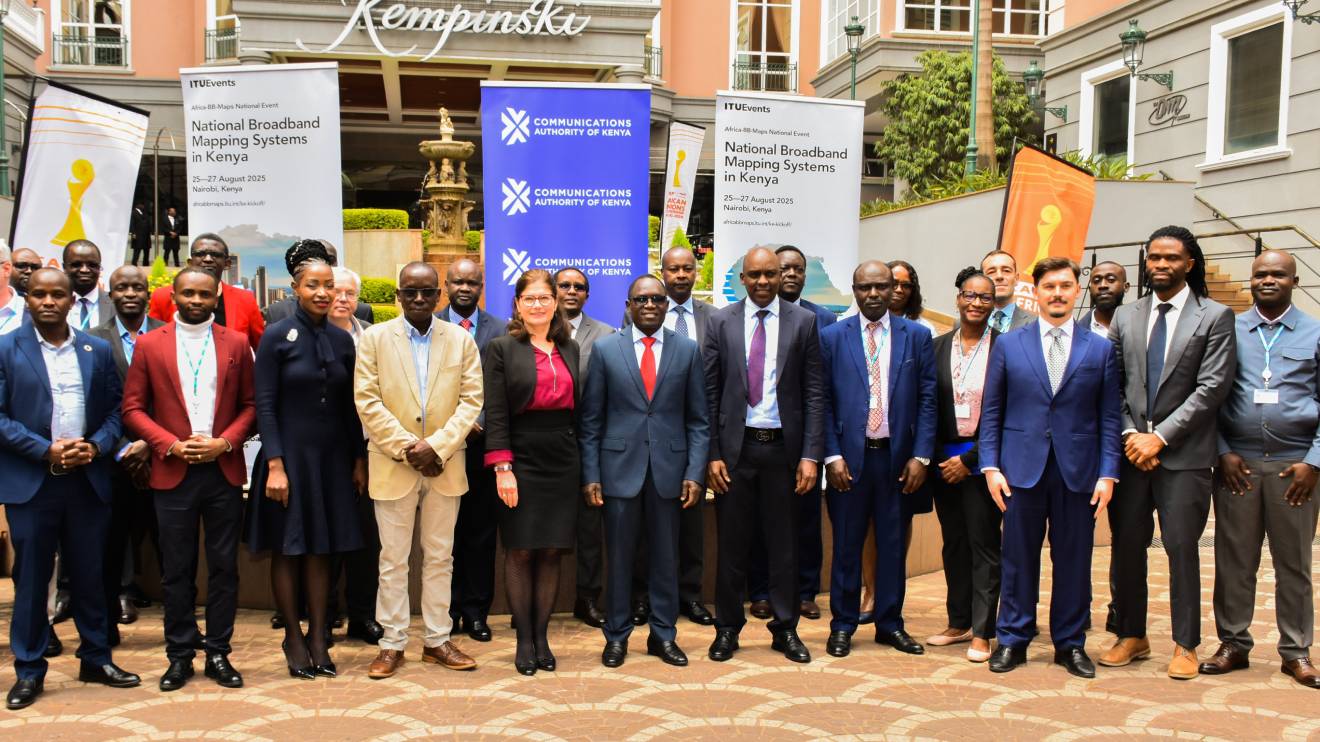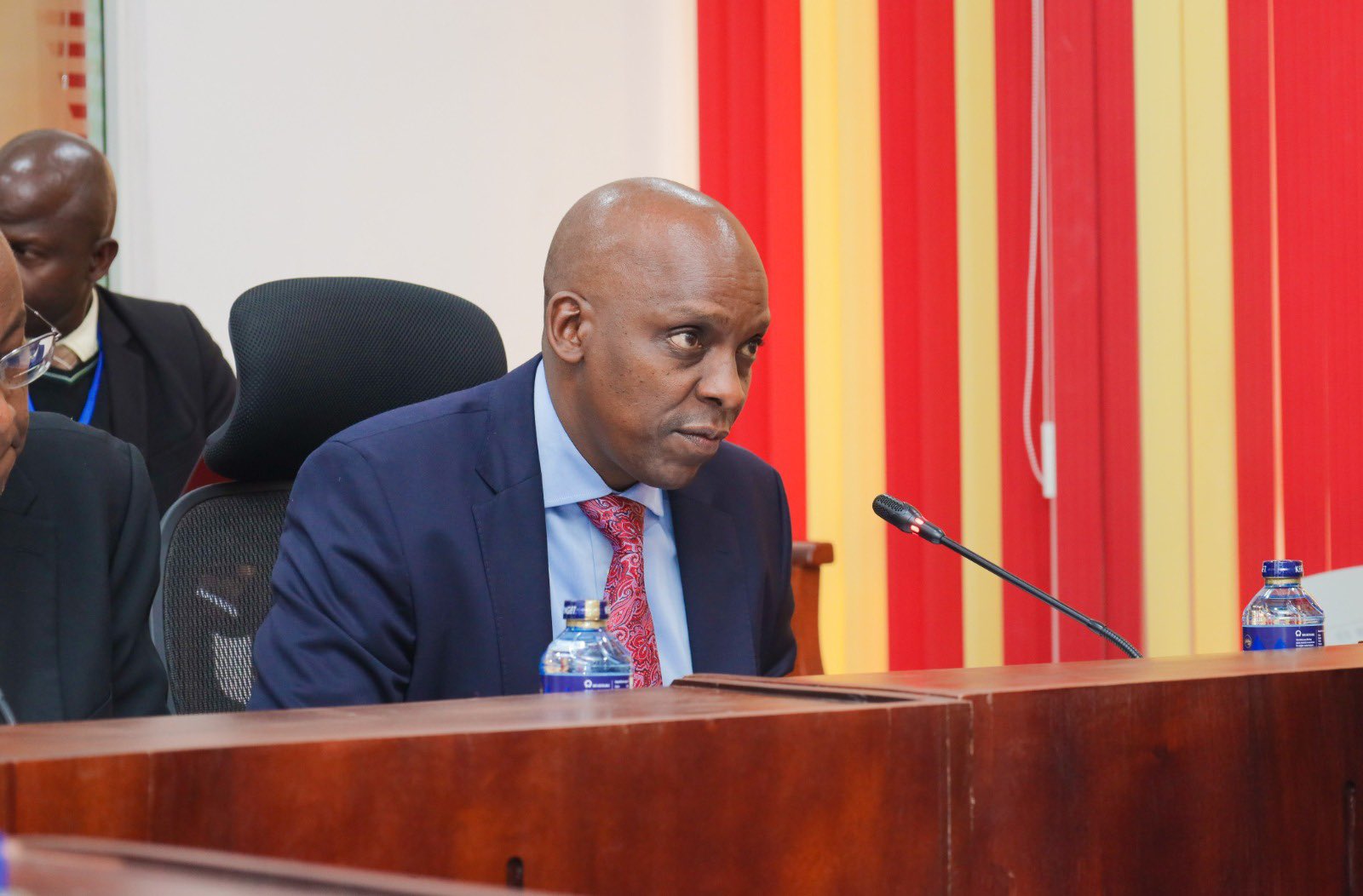The November 2023 hiatus of the Telegram messaging platform dealt a severe blow to Kenya's economy, with an estimated loss of $27.02 million (Sh4.2 billion), as unveiled by calculations from NetBlocks, a prominent internet rights organization headquartered in London.
During the abrupt 8-day shutdown, businesses heavily reliant on Telegram faced a substantial disruption, resulting in multibillion-dollar losses.
NetBlocks, leveraging indicators provided by the World Bank and the International Telecommunications Union (ITU), meticulously gauged the economic toll of social media blackouts in monetary terms.
This methodology captured the economic benefits generated by uninterrupted internet and social media use within a nation.
Daily, the outage translated to an estimated total loss of Sh537 million, encompassing forgone sales, wages, and various economic advantages tied to the application's widespread use in Kenya.
Read More
Telegram, boasting approximately 800 million daily active users globally, enjoys widespread popularity in the country, intensifying the repercussions of its temporary unavailability.
Despite the outage never receiving an official acknowledgement from the Communications Authority of Kenya, its alignment with the timing of the Kenya Certificate of Secondary Education examinations hints at a potential motive to thwart cheating during the crucial tests.
Insights from Top10VPN, a UK-based organization specializing in internet privacy and security, disclosed that Kenya's financial setback ranked as the sixteenth largest among the 25 jurisdictions experiencing internet or social media disruptions last year.
Collectively, these nations, including Tanzania, Sudan, and Ethiopia, suffered staggering losses amounting to $9 billion (Sh1.4 trillion).
The disruptions endured for a cumulative 79,238 hours, marking an 18 per cent increase from the previous year.
Top10VPN's digital rights lead, Samuel Woodhams, and head of research, Simon Migliano, underscored the severity of deliberate internet disruptions, describing them as "internet censorship in its most extreme form."
They emphasized the impact of these disruptions, stating, "Not only do these internet outages infringe on citizens' digital rights, but they are also acts of national economic self-harm."
The incident serves as a stark reminder of the growing significance of reliable and uninterrupted internet services, not merely for communication but also for the economic health of nations.
As nations navigate the delicate balance between security measures and preserving digital rights, the economic fallout of such disruptions emerges as a pivotal consideration on the global stage.

-1705051849.jpg)






-1756917651.jpg)



